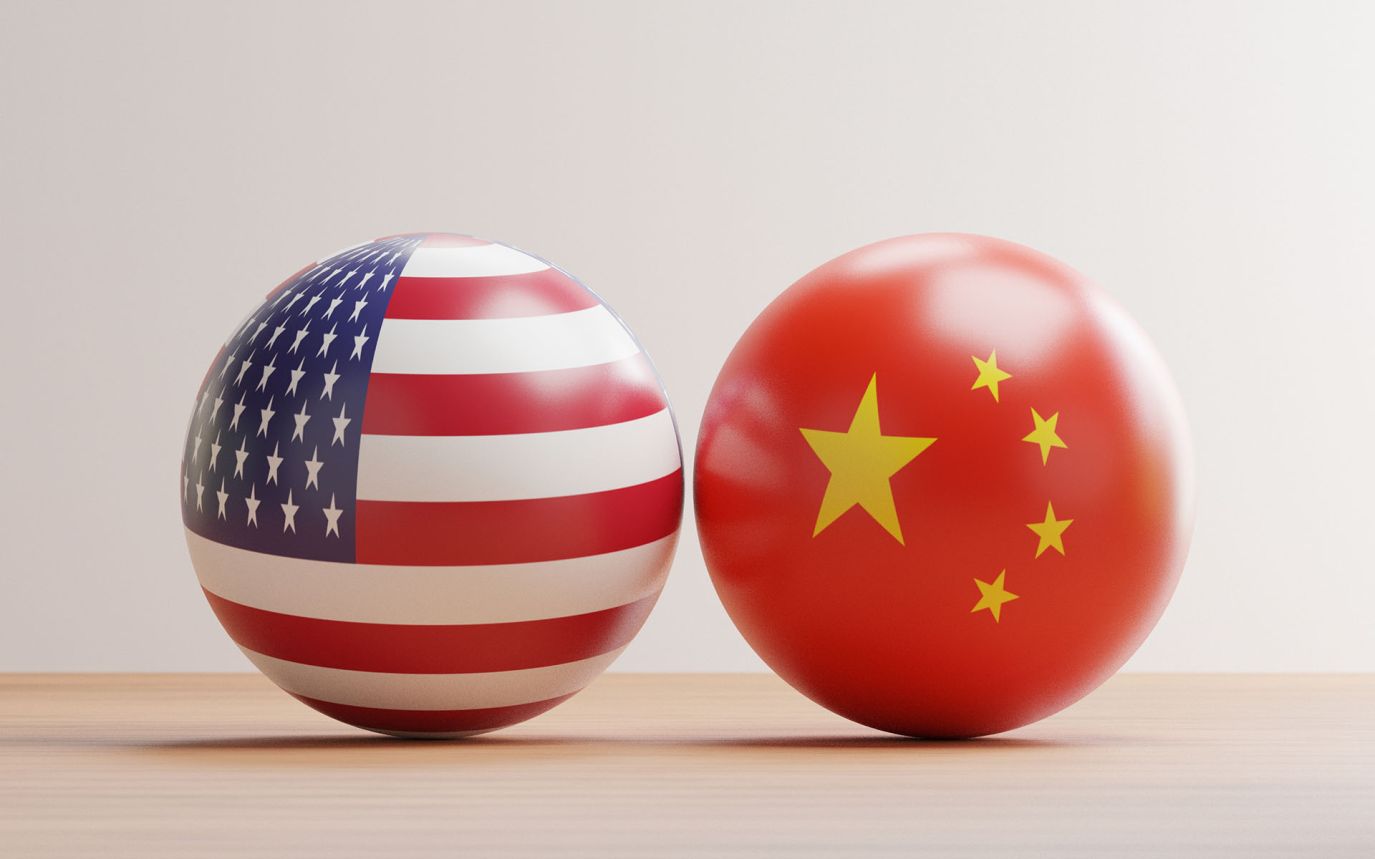Bilateral Tensions Persist Despite US Secretary Blinken’s China Visit

US Secretary of State Antony Blinken’s recent visit to China did not resolve fundamental differences on key issues between the US and China. Pamir assesses that the intensification of military activities in the South China Sea and the Taiwan Strait, the May presidential inauguration ceremony in Taiwan, and likely US Congressional activities leading up to the November US presidential election will ensure that US-China tensions persist in the foreseeable future.
From 24 to 26 April, Secretary Blinken visited China, where he met with Chinese President XI Jinping, Foreign Minister WANG Yi, Minister of Public Security WANG Xiaohong, and Chen Jining, Secretary of the Chinese Communist Party (CCP) in Shanghai. Both US and Chinese governments characterized Secretary Blinken’s talks with Chinese officials as “substantive” and “constructive.” However, official readouts indicate that there remain fundamental differences on key issues between the two governments. In this context, Secretary Blinken raised “serious concerns” regarding the following issues during his talks with Chinese officials:
- China’s non-market economic policies and their impact, including the “global economic consequences of China’s industrial overcapacity.”
- Chinese support “to Russia’s defense industrial base that is enabling Russia to prosecute its war against Ukraine and undermine European and transatlantic security.”
- China’s “destabilizing” actions around the Second Thomas Shoal in the South China Sea.
- China’s ongoing military operations that disturb peace and stability in the Taiwan Strait.
Chinese officials likewise warned that “some negative factors” in the bilateral relationship are “on the rise.” Official Chinese reporting indicates that Chinese officials raised the following concerns during their talks with Secretary Blinken:
- The US needs to “have a correct strategic perspective about China.” Chinese President Xi reportedly said to Secretary Blinken, “China is willing to cooperate, but cooperation should be a two-way street…. China welcomes a confident, open, and prosperous and thriving United States, and hopes the United States will also look at China’s development in a positive light.”
- The US must not cross “the first redline in China-US relations” – Taiwan. Chinese Foreign Minister Wang reportedly said to Secretary Blinken, “If the US side genuinely hopes to see stability across the Taiwan Strait, it should abide by the One China principle and three China-US joint communiques and follow through on President Biden’s commitment of not supporting Taiwan Independence, not supporting ‘two Chinas’ or ‘One China, One Taiwan,’ not using Taiwan as a tool to contain China. The US should stop arming Taiwan and support China’s effort [to promote] peaceful unification.”
- The US should “lift its illegal unilateral sanctions against Chinese companies and individuals and refrain from doing things harmful to China’s legitimate development rights and interests.”
Some Chinese experts pointed out that Secretary Blinken’s visit “actually changed nothing” in the US-China relationship. Some even said Secretary Blinken was in Beijing to deliver US ultimatums to Beijing to change China’s overcapacity policy, its relations with Russia, and its operations in the South China Sea. Citing recent US Congressional activities, these experts opined that the US could ratchet up pressure against China by imposing additional tariffs on Chinese imports and new technology export restrictions on China, as well as banning Chinese banks from using SWIFT to facilitate cross-border payments.
- Pamir posits that a comprehensive ban on Chinese banks using SWIFT is a remote possibility at this point. However, Beijing is taking this potential threat seriously, particularly after Russian banks were banned from using SWIFT in response to Russia’s invasion of Ukraine. Chinese financial experts warned that a ban on Chinese banks would have enormous impact on the Chinese and global economies.
- In anticipation of a potential ban, the Chinese government has been promoting the Cross-Border Interbank Payment System (CIPS), which facilitates cross-border use of the Chinese renminbi (RMB). As of March 2024, 1,511 financial institutions from 114 countries are direct or indirect participants in the CIPS.
Chinese analysts have also noted steadily growing military activities involving the US and its allies in the Indo-Pacific region. Similarly, China has continued its military activities in the Taiwan Strait and South China Sea.
- On 27 April, one day after Secretary Blinken departed from Beijing, 22 Chinese military aircraft operated around Taiwan, and 12 of them crossed the median line in the Taiwan Strait.
- China maintains its Coast Guard patrols in the disputed areas of the South China Sea to defend its claim of sovereignty over the entire region.
China’s 5G influence in developing economies
China’s Belt and Road Initiative and its digital counterpart, the Digital Silk Road, threaten to displace US telecom and tech companies in developing economies in Africa, Latin America and the Middle East. How can US operators and network providers stand up to the challenge?